Mary Jo Salter
A free daily email with the biggest news stories of the day – and the best features from TheWeek.com
You are now subscribed
Your newsletter sign-up was successful
Mary Jo Salter has written five collections of poems, including her most recent, titled Open Shutters (Knopf, $23). She is also a co-editor of the Norton Anthology of Poetry and a professor at Mount Holyoke College in South Hadley, Mass.
Arcadia by Tom Stoppard (Faber & Faber, $12). The most ingenious and perfectly made and moving of all of his plays. Why hasn’t he won the Nobel Prize yet? Having seen this in London, in New York, in amateur local theaters, having read it again and again, I keep unearthing new depths, but have never stopped laughing.
Foe by J.M. Coetzee (Penguin, $12). If Stoppard is “L’Allegro” for our time, Coetzee is “Il Penseroso.” (Another vote for the Nobel.) One can’t read this dark, troubling rewrite of Robinson Crusoe without a stubborn delight in its reflections on the art of writing itself.
The Week
Escape your echo chamber. Get the facts behind the news, plus analysis from multiple perspectives.

Sign up for The Week's Free Newsletters
From our morning news briefing to a weekly Good News Newsletter, get the best of The Week delivered directly to your inbox.
From our morning news briefing to a weekly Good News Newsletter, get the best of The Week delivered directly to your inbox.
David Copperfield by Charles Dickens (Penguin, $8). If I were today’s Robinson Crusoe and could have only one novel with me, this would be it. What novel is funnier or more heartbreaking? Has any portrayed both childhood and the putting away of childish things with greater mastery?
Huckleberry Finn by Mark Twain (Penguin, $6). Another funny-sad, essentially fatherless boy at large in the world—who can neither wholly recognize his cruelties to his slave companion, Jim, nor forgive himself for his kindnesses—Huck is a character of bottomless and peculiarly American complexity.
Collected Poems by W.H. Auden (Vintage, $24). Joining the unwinnable debate on which period is the great Auden’s greatest, I’ll focus on 1939 alone. To me, the world would be a far less beautiful place without “September 1, 1939,” “In Memory of W.B. Yeats,” “Law Like Love,” and “The Unknown Citizen.”
The Poems of Emily Dickinson
A free daily email with the biggest news stories of the day – and the best features from TheWeek.com
-
 How the FCC’s ‘equal time’ rule works
How the FCC’s ‘equal time’ rule worksIn the Spotlight The law is at the heart of the Colbert-CBS conflict
-
 What is the endgame in the DHS shutdown?
What is the endgame in the DHS shutdown?Today’s Big Question Democrats want to rein in ICE’s immigration crackdown
-
 ‘Poor time management isn’t just an inconvenience’
‘Poor time management isn’t just an inconvenience’Instant Opinion Opinion, comment and editorials of the day
-
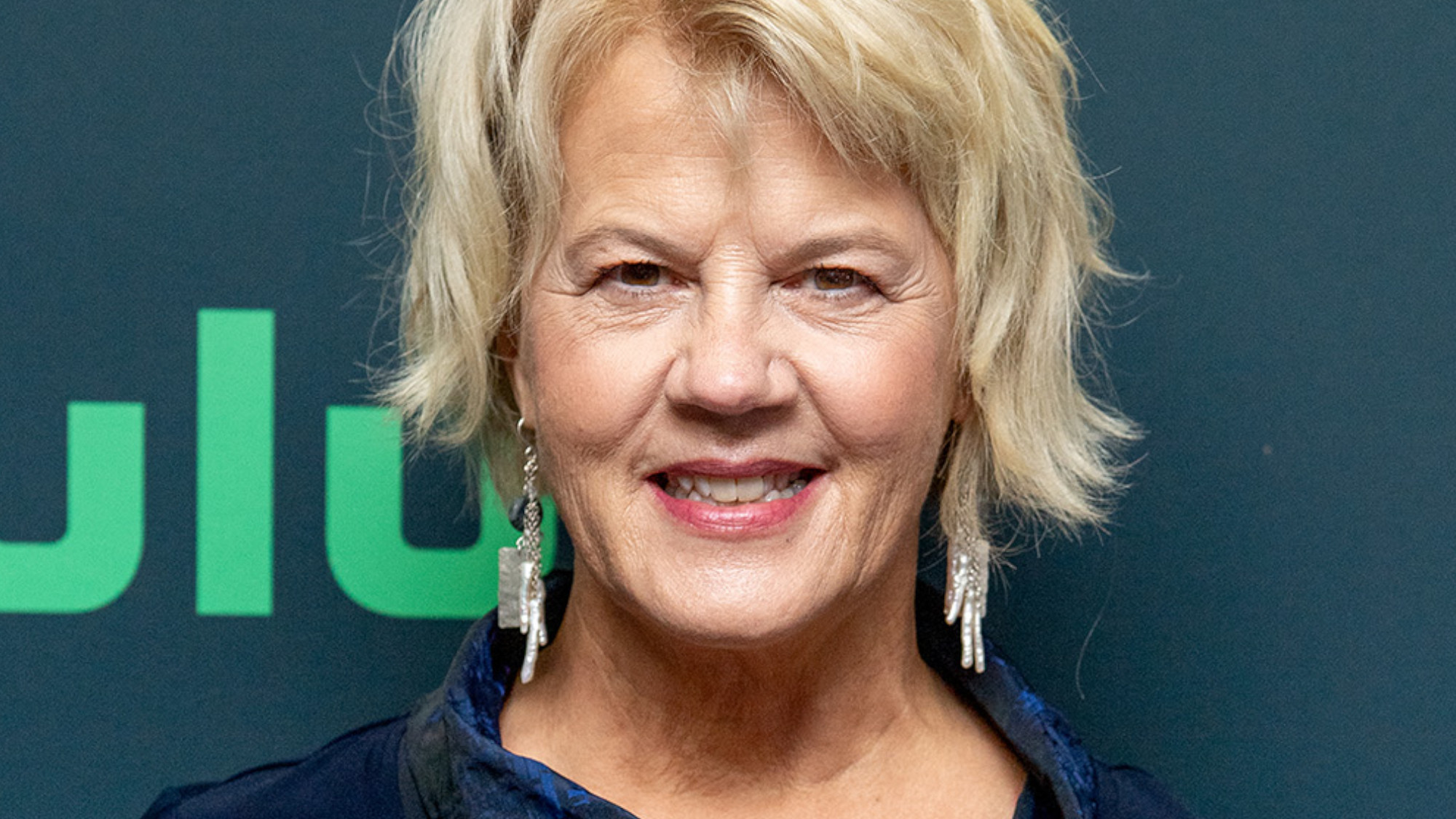 Beth Macy’s 6 favorite books about living in a divided nation
Beth Macy’s 6 favorite books about living in a divided nationFeature The journalist recommends works by Nicholas Buccola, Matthew Desmond, and more
-
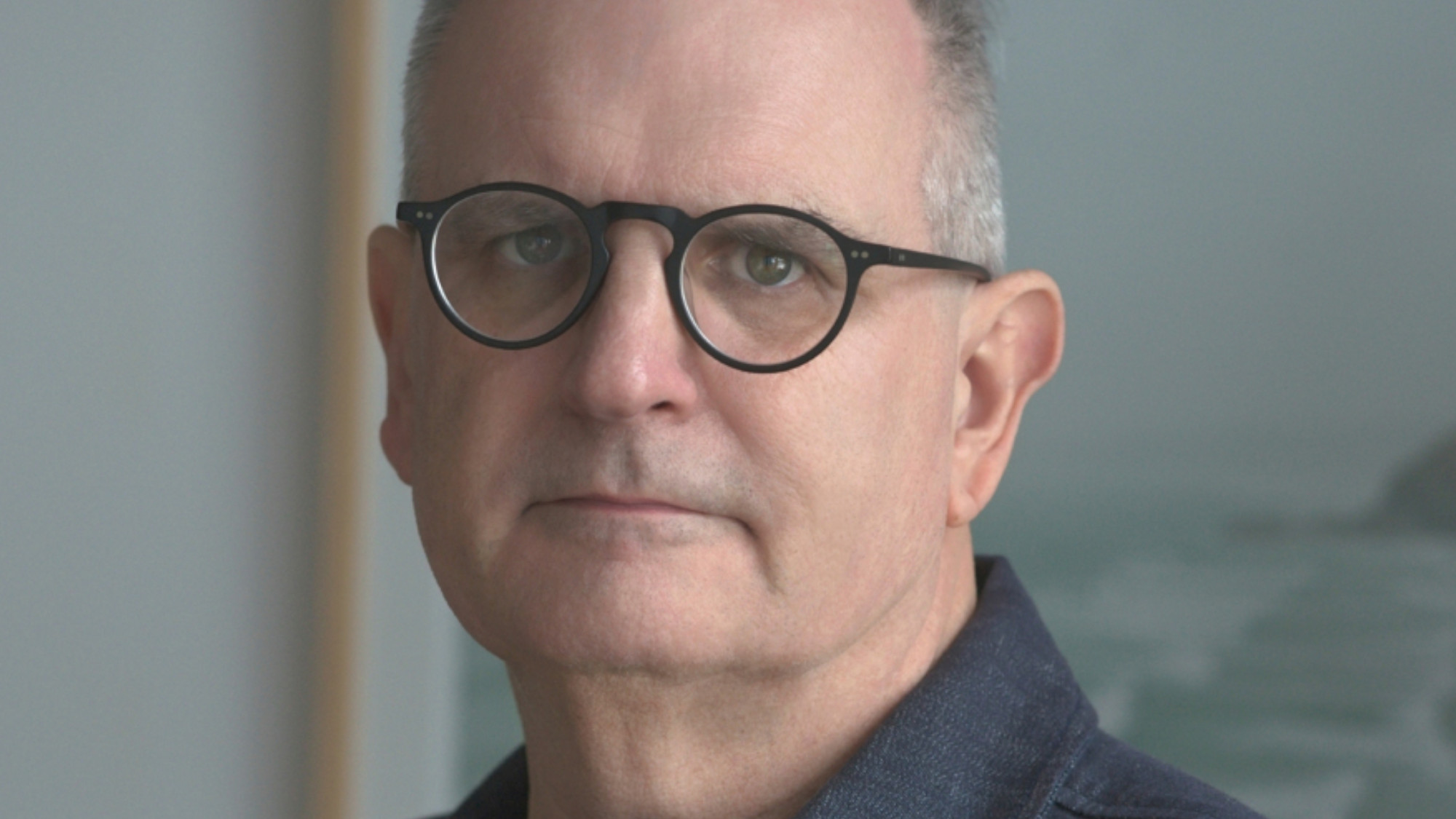 Gilbert King’s 6 favorite books about the search for justice
Gilbert King’s 6 favorite books about the search for justiceFeature The journalist recommends works by Bryan Stevenson, David Grann, and more
-
 Nathan Harris’ 6 favorite books that turn adventures into revelations
Nathan Harris’ 6 favorite books that turn adventures into revelationsFeature The author recommends works by Kazuo Ishiguro, Ian McGuire, and more
-
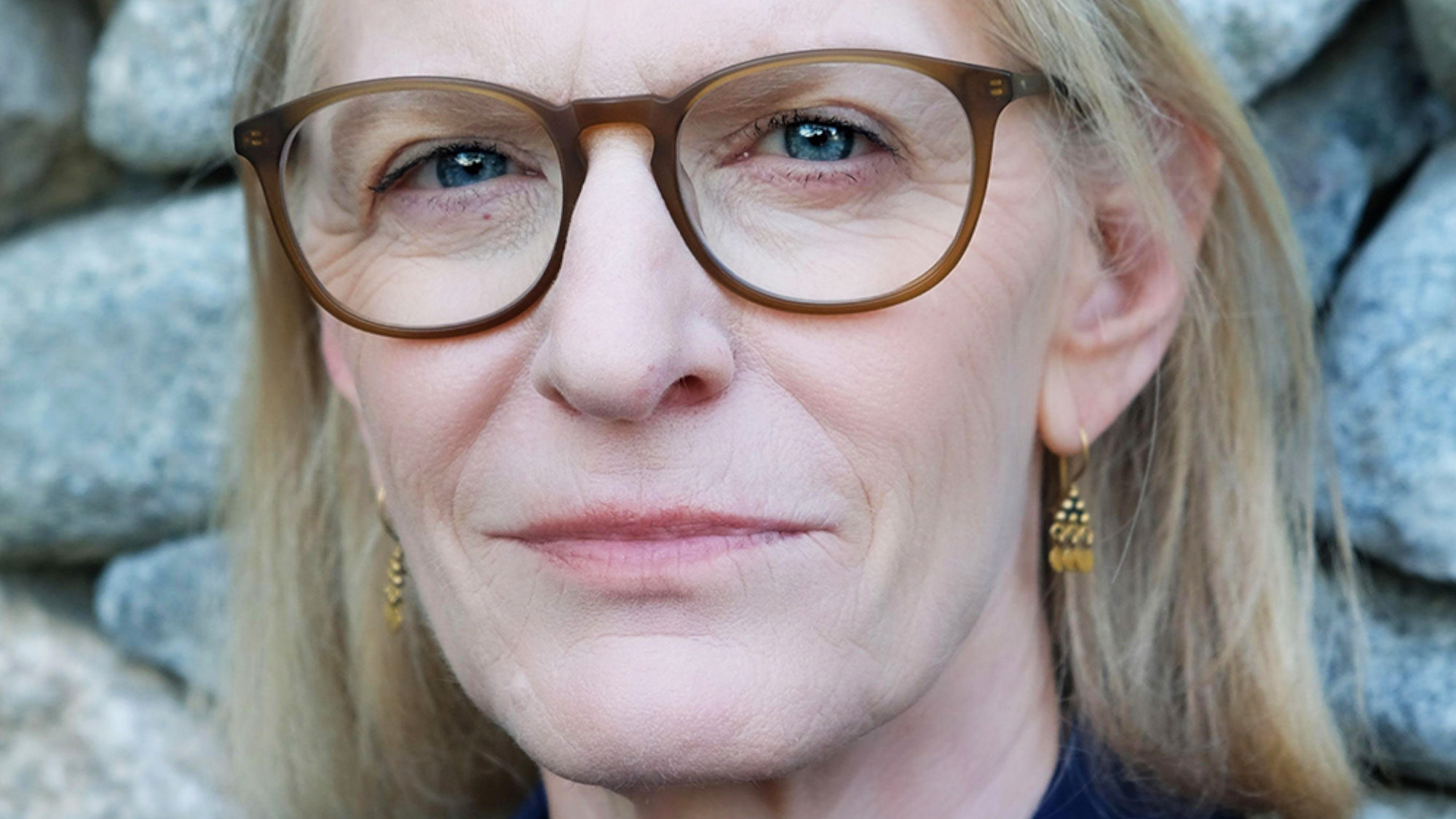 Marisa Silver’s 6 favorite books that capture a lifetime
Marisa Silver’s 6 favorite books that capture a lifetimeFeature The author recommends works by John Williams, Ian McEwan, and more
-
 Lou Berney’s 6 favorite books with powerful storytelling
Lou Berney’s 6 favorite books with powerful storytellingFeature The award-winning author recommends works by Dorothy B. Hughes, James McBride, and more
-
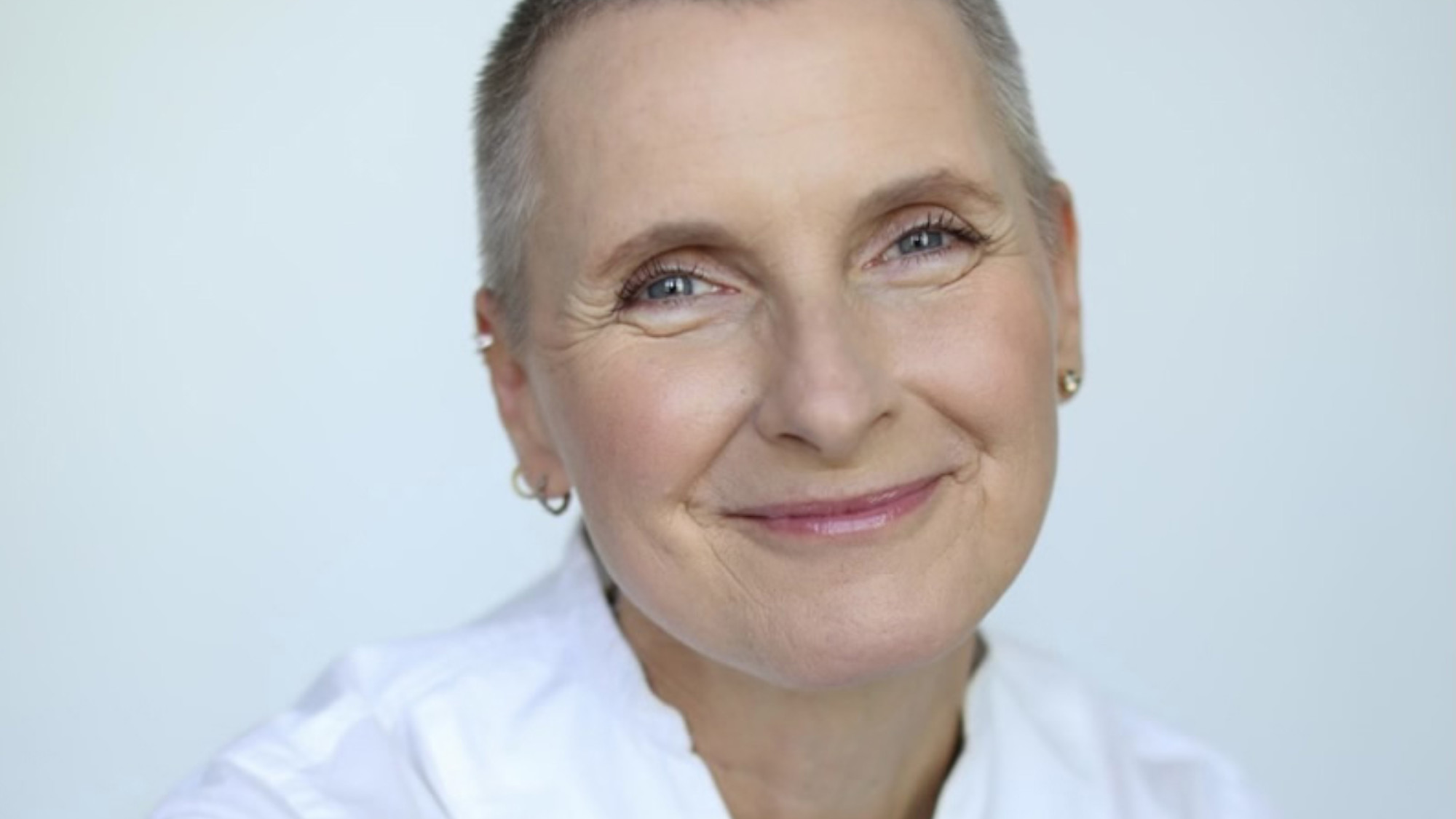 Elizabeth Gilbert’s favorite books about women overcoming difficulties
Elizabeth Gilbert’s favorite books about women overcoming difficultiesFeature The author recommends works by Tove Jansson, Lauren Groff, and more
-
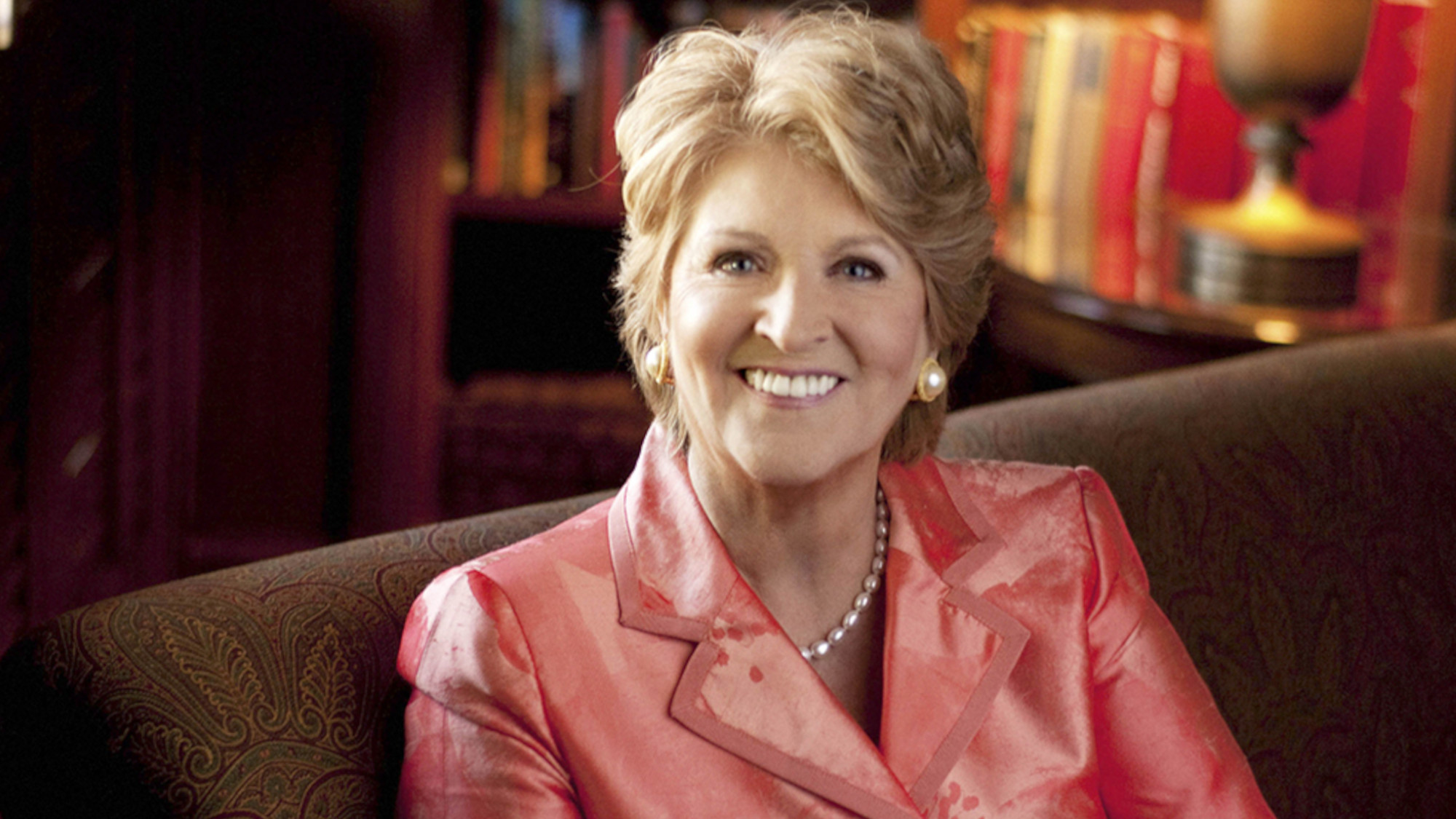 Fannie Flagg’s 6 favorite books that sparked her imagination
Fannie Flagg’s 6 favorite books that sparked her imaginationFeature The author recommends works by Johanna Spyri, John Steinbeck, and more
-
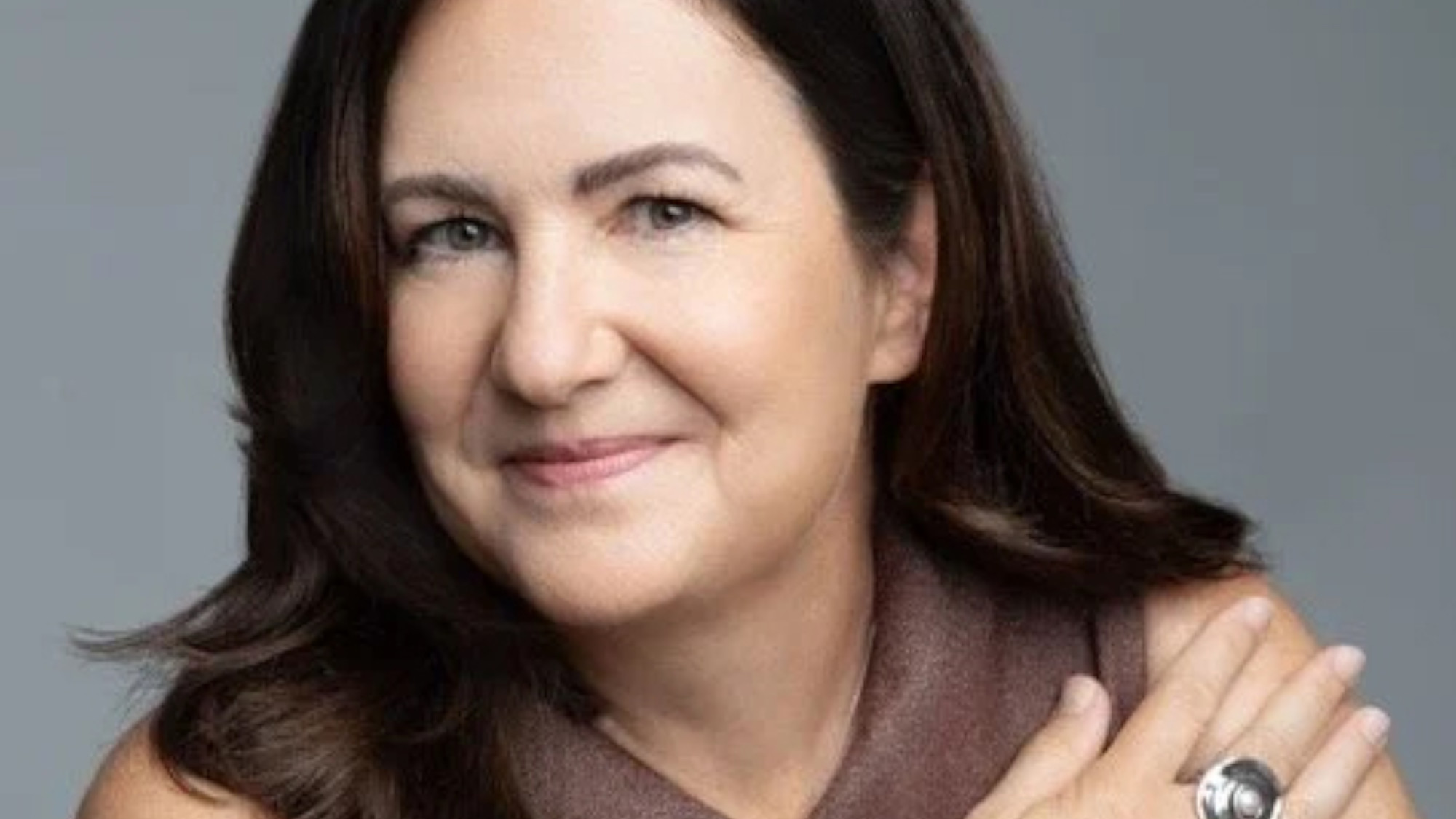 Jessica Francis Kane's 6 favorite books that prove less is more
Jessica Francis Kane's 6 favorite books that prove less is moreFeature The author recommends works by Penelope Fitzgerald, Marie-Helene Bertino, and more